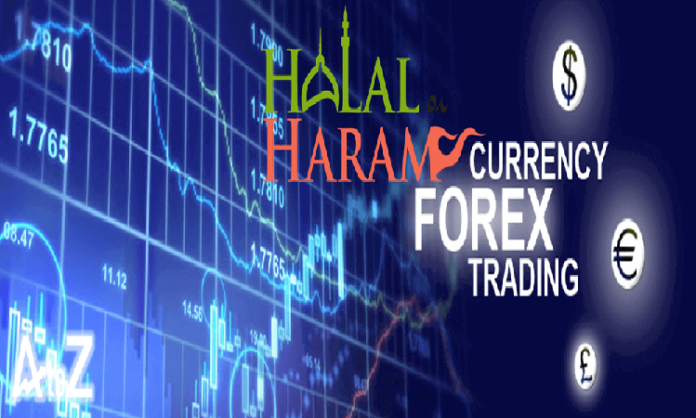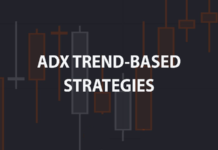
In the world of finance, Forex trading has gained immense popularity due to its potential for high returns. However, for observant Muslims, the practice raises a significant theological question: Is Forex trading halal or haram in Islamic finance?
This debate has been ongoing for years, and it revolves around the compatibility of Forex trading with the principles of Islamic finance. In this article, we delve into the theological debate surrounding Forex trading and seek to provide a comprehensive overview of the arguments from both sides.
Understanding Forex Trading
Forex, short for foreign exchange, is the global marketplace for buying and selling currencies. Traders engage in Forex trading with the hope of profiting from the fluctuations in exchange rates. Unlike other financial markets, the Forex market operates 24 hours a day, five days a week, making it highly accessible and liquid.
The Halal Perspective
Proponents of Forex trading being halal argue that it can be conducted in a manner consistent with Islamic finance principles. They highlight the following points:
Spot Trading: The spot Forex market involves the immediate exchange of currencies, and the transaction is settled on the spot, without any interest. Islamic finance principles forbid the earning or paying of interest (riba), making spot Forex trading potentially halal.
Risk and Uncertainty: Islam discourages excessive uncertainty (gharar) and excessive risk. Proponents argue that Forex trading, like any other business activity, carries inherent risks, and as long as it is conducted with due diligence and without excessive speculation, it can be permissible.
Economic Development: Forex trading contributes to economic growth by facilitating international trade and investment. Some scholars argue that as long as it promotes economic development and does not involve haram activities, it can be considered halal.
The Haram Perspective
On the other hand, critics of Forex trading within the Islamic finance framework argue that it is haram for the following reasons:
Riba: While spot Forex trading does not involve interest, some forms of Forex trading, such as swap or carry trades, do. In a swap transaction, traders exchange currencies with an attached interest rate, which is seen as a form of riba and is strictly prohibited in Islam.
Speculation: Excessive speculation and gambling are not allowed in Islamic finance. Some argue that Forex trading, especially leveraged trading, can be highly speculative and akin to gambling, making it haram.
Lack of Tangibility: Forex trading involves trading virtual currencies, and some scholars argue that it lacks tangibility, which can render it haram as it does not meet the criteria of a genuine business activity.
Conclusion
Theological debates over whether Forex trading is halal or haram in Islamic finance are far from settled. While some argue that it can be conducted in a manner consistent with Islamic principles, others highlight its potential pitfalls, such as the involvement of interest and excessive speculation.
Ultimately, the permissibility of Forex trading in Islamic finance may vary based on individual interpretations and local religious authorities. To navigate this complex issue, individuals interested in Forex trading should seek guidance from knowledgeable scholars and ensure that their trading activities align with their religious beliefs and values.
Click to sign up with ICMarkets
Related Articles:
Swap-Free Trading Account Launched to Cater to Islamic Traders






















